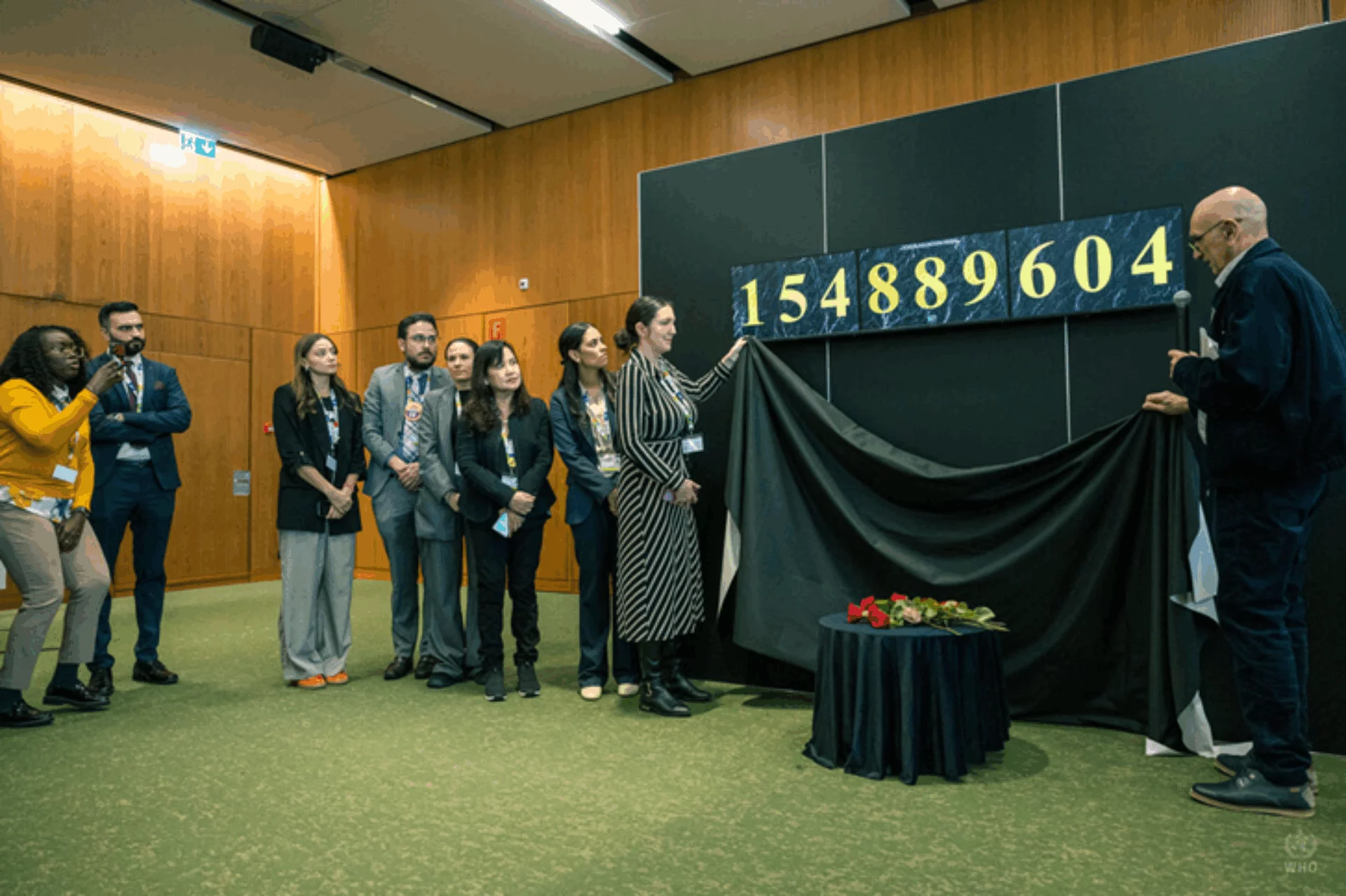The Rylander case: a professor at the University of Geneva in the pay of Philip Morris
For decades, tobacco companies denied or downplayed the harmful effects of their products on health. But behind this public facade, another reality was emerging: that of an industry that knew but chose not to tell. The Rylander affair, named after a Swedish professor involved in a secret research organization funded by Philip Morris, is one of the most striking examples of this.

By the end of the 1960s, Philip Morris sensed a growing threat: scientific studies on the harmful effects of tobacco were multiplying. The multinational decided to conduct its own research so as not to be caught off guard. But not in the United States: too risky. In 1970, it discreetly bought a German institute, INBIFO (Institut für Biologische Forschung), through a Swiss subsidiary to cover its tracks. This is where Professor Ragnar Rylander, a Swedish academic, came in. He was tasked with acting as an intermediary between INBIFO and Philip Morris, while concealing their real links. He was officially paid by the Swiss subsidiary, and his role was to pass on the results to Philip Morris in the United States, avoiding any direct contact between the two organizations. For decades, tobacco companies denied or downplayed the harmful effects of their products on health. But behind this public facade, another reality was emerging: that of an industry that knew but preferred not to tell. The Rylander affair, named after a Swedish professor involved in a secret research organization funded by Philip Morris, is one of the most striking examples of this.
A smoothly run shadow strategy
To ensure secrecy, everything was carefully planned: no written correspondence, destruction of sensitive documents, use of “ghost” postal addresses in Cologne. Even within PM, few employees knew that this laboratory belonged to them. And for good reason: research conducted at INBIFO in the 1980s revealed the increased toxicity of secondhand smoke, i.e., the smoke inhaled by non-smokers in a smoky environment. These studies showed that this smoke was more harmful than that inhaled directly by smokers, causing significant damage to laboratory animals. However, these results were never published in scientific journals: the few publications from INBIFO focused on topics unrelated to the tobacco industry, such as studies on green tea and cancer, in an attempt to divert attention from the real issues.
Thus, INBIFO has long had two faces: one public and reassuring, the other hidden and much more disturbing. This double discourse has served as a strategy to systematically deny the dangers of secondhand smoke and has contributed to delaying regulations to protect non-smokers.
The Rylander case before the courts
In 2001, two Swiss activists, Pascal Diethelm (president of OxySuisse) and Jean-Charles Rielle, publicly denounced the murky links between Professor Rylander and Philip Morris. The professor sued them for defamation, but the Geneva courts cleared them in 2003, finding that their claims were well-founded. This decision marked the judicial recognition of genuine scientific manipulation orchestrated by the tobacco industry.
The Rylander case reminds us how essential transparency is in scientific research, especially when public health issues are at stake. It also highlights the importance of disclosing conflicts of interest and the mechanisms of misinformation that are still at work. As tobacco companies now seek to promote products that are supposedly “safer,” it is crucial to keep a close eye on this industry. In 2001, two Swiss activists, Pascal Diethelm (president of OxySuisse) and Jean-Charles Rielle, publicly denounced the murky links between Professor Rylander and Philip Morris. The professor sued them for defamation, but the Geneva courts cleared them in 2003, finding that their claims were well-founded. This decision marked the judicial recognition of genuine scientific manipulation orchestrated by the tobacco industry.
Other actualities
« Death Clock » : remembering those who have died from smoking

ʺFor adults onlyʺ: Young people targeted by the tobacco industry - New episode !

Our dossier - Voluntary measures of the tobacco industry

Jacques Cornuz: “When the tobacco industry opposes preventive measures, it is a clear sign that they are effective.”

Prévention du tabagisme en Suisse : 60 ans de progrès graduels (1964-2024)

L’enfumage arc-en-ciel : l’industrie du tabac, faux allié des personnes LGBTIQ+

OxySuisse on M Le Média to discuss the topic of “Sponsorship and Philanthropy”

The tobacco industry's self-interested generosity in Switzerland
